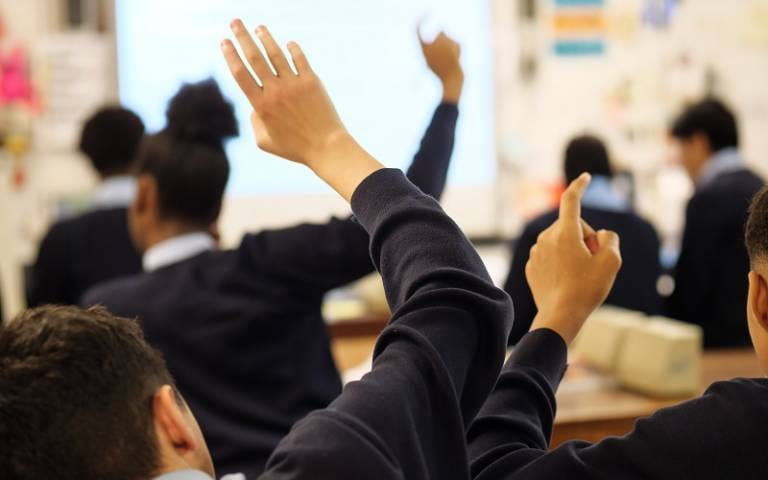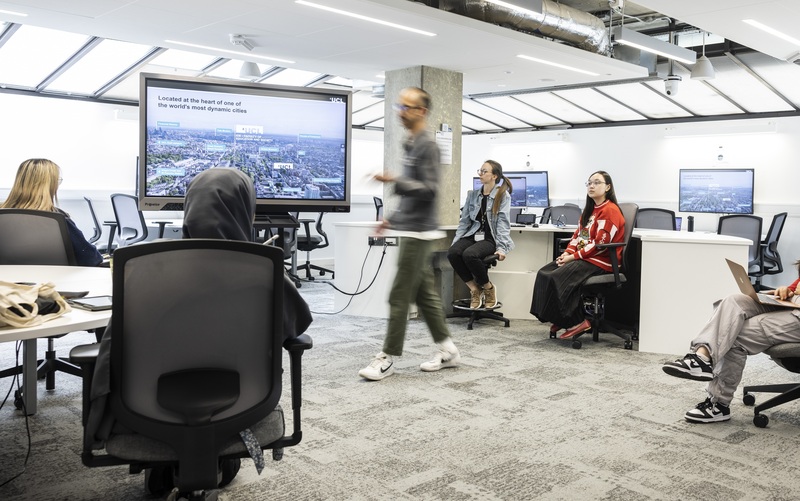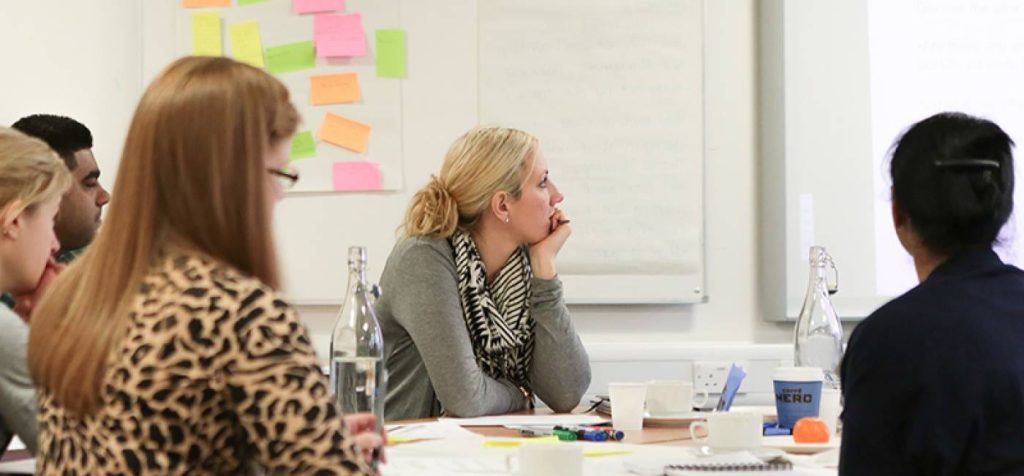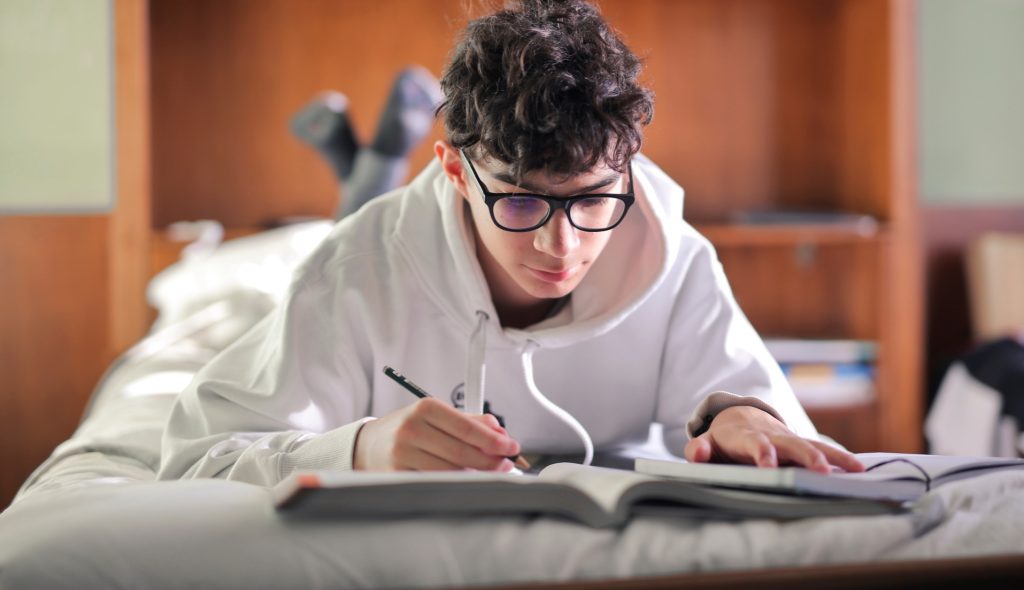More young people are interested in teaching than we might think: we need action on both recruitment and diversification
By Blog Editor, IOE Digital, on 20 December 2023
Earlier this month, the Department for Education (DfE) posted its 2023/24 Initial Teacher Training Census, revealing that only half the required secondary postgraduate teachers needed were recruited into teacher education in the last year. This marks the tenth time in the last eleven years that England’s overall new teacher recruitment targets have been missed. These dire statistics on recruitment have made headlines and call into question the effectiveness of policies to address this problem.
So, do people really not want to become teachers? My doctoral research indicates that it’s not all doom and gloom. I found that many more young people are more open to pursuing teaching than is indicated in teacher recruitment data. However, as for the profile of the existing teacher workforce, those who think they might want to teach most often identify as White and as women. With this in mind, it seems that recruitment efforts should not only focus on increasing the number of teachers, but more work must be done to make teaching attractive and accessible to those who are underrepresented in the current workforce. (more…)
 Close
Close












